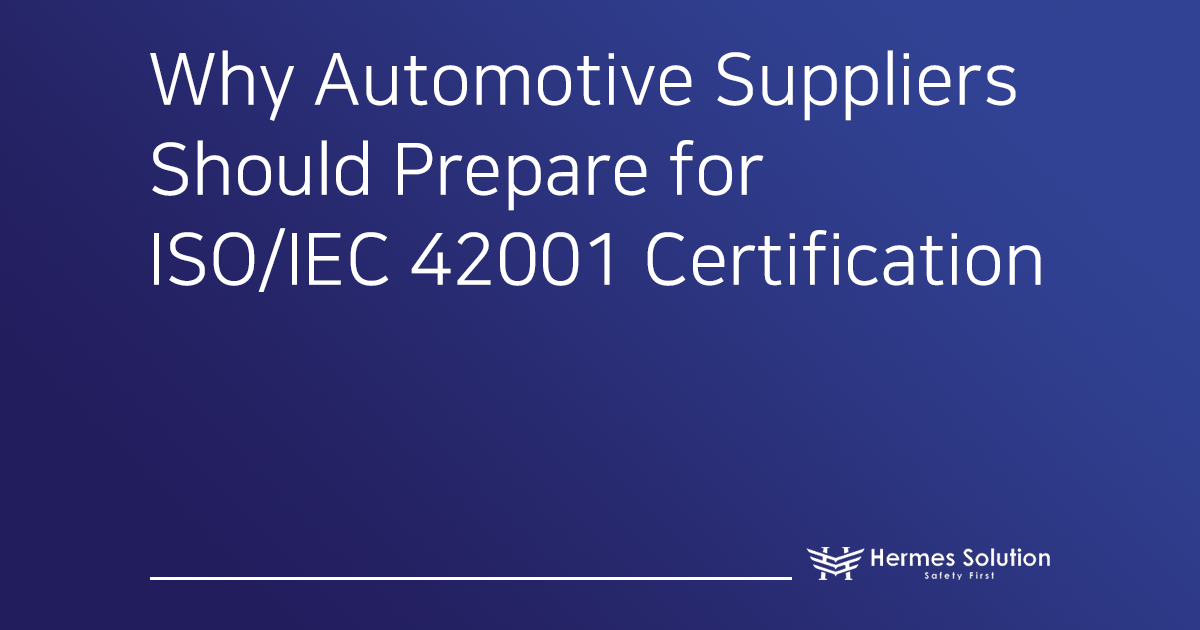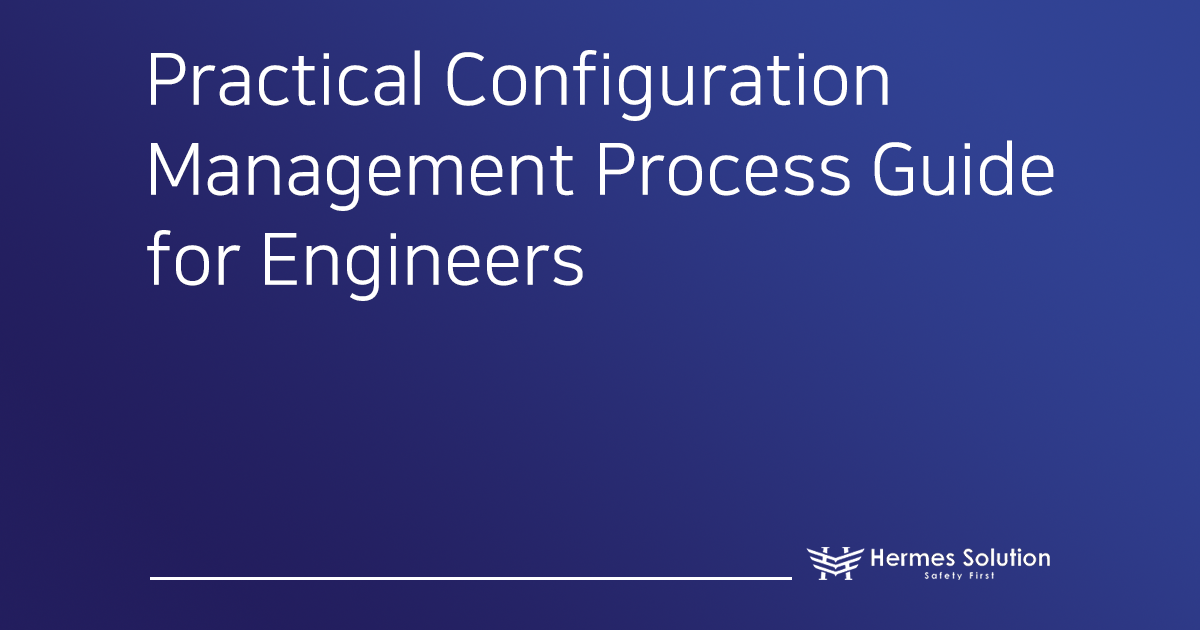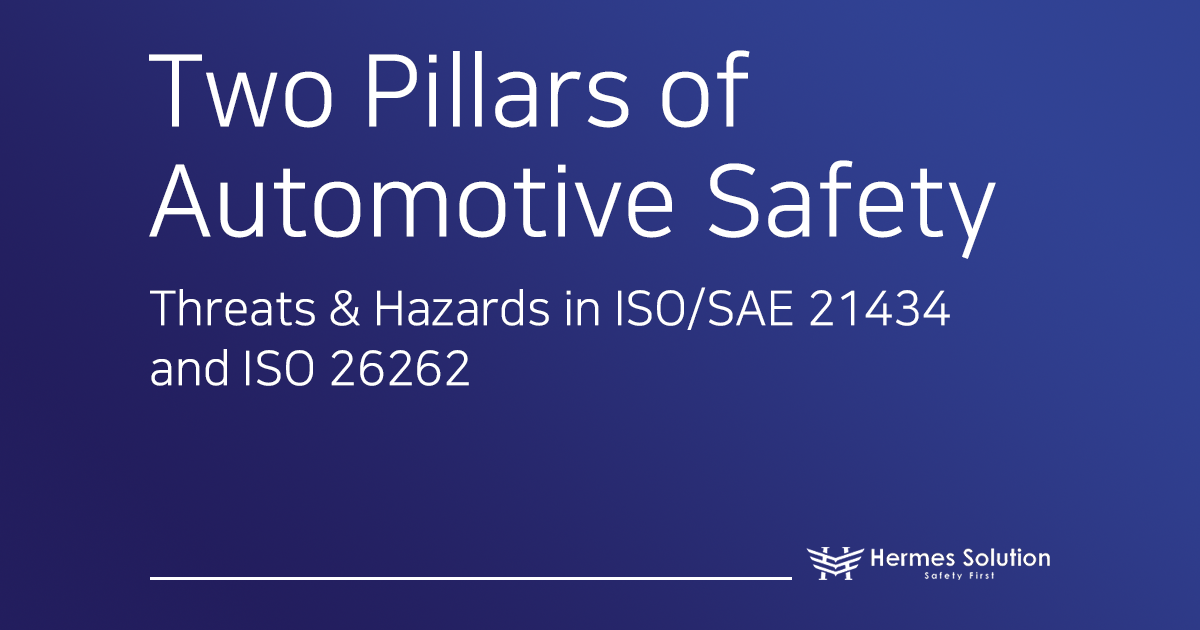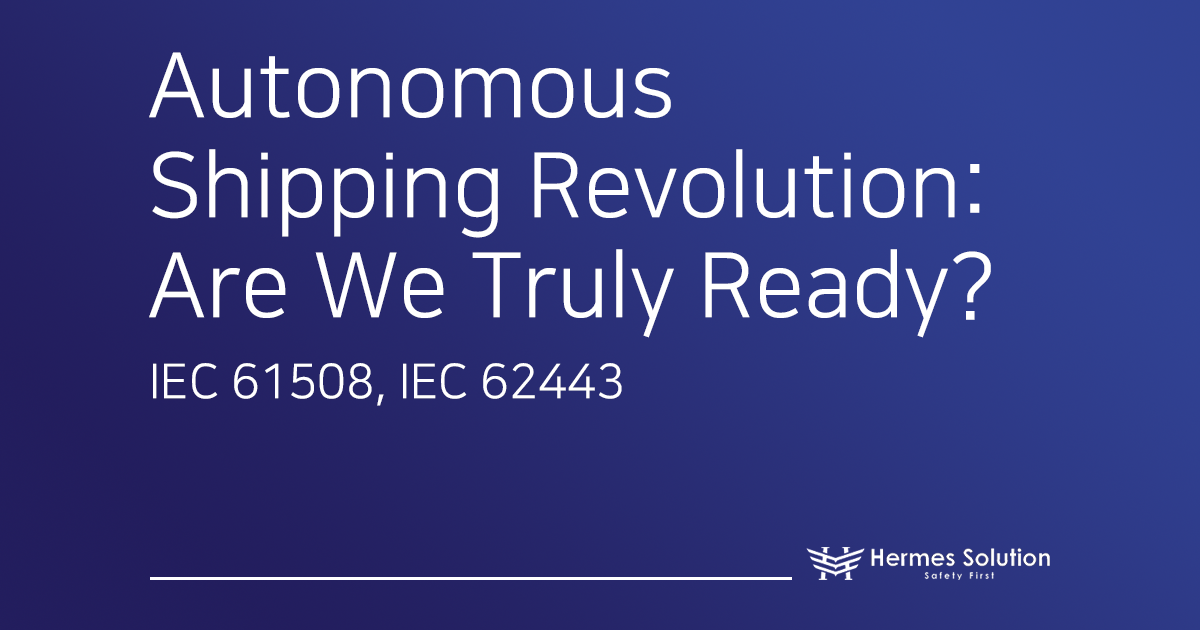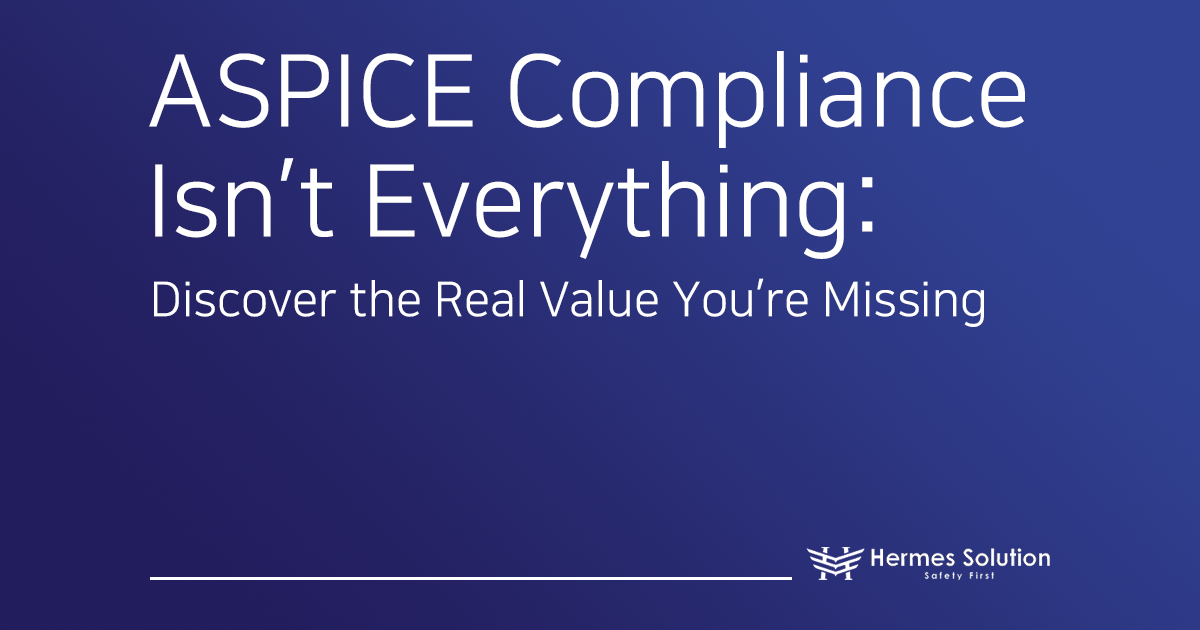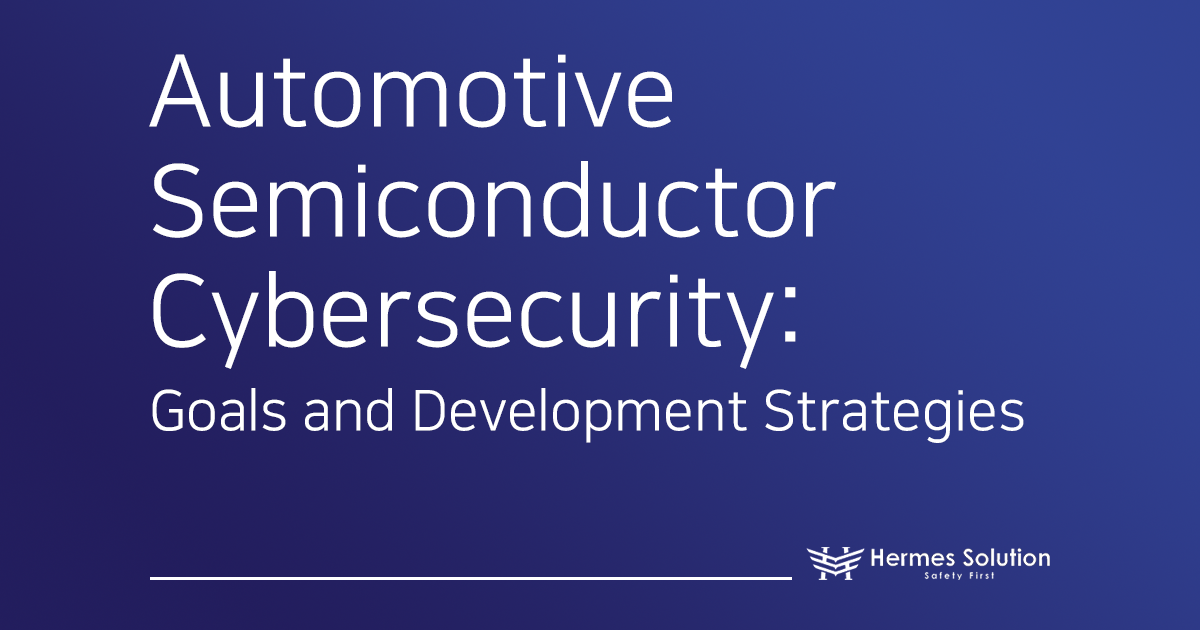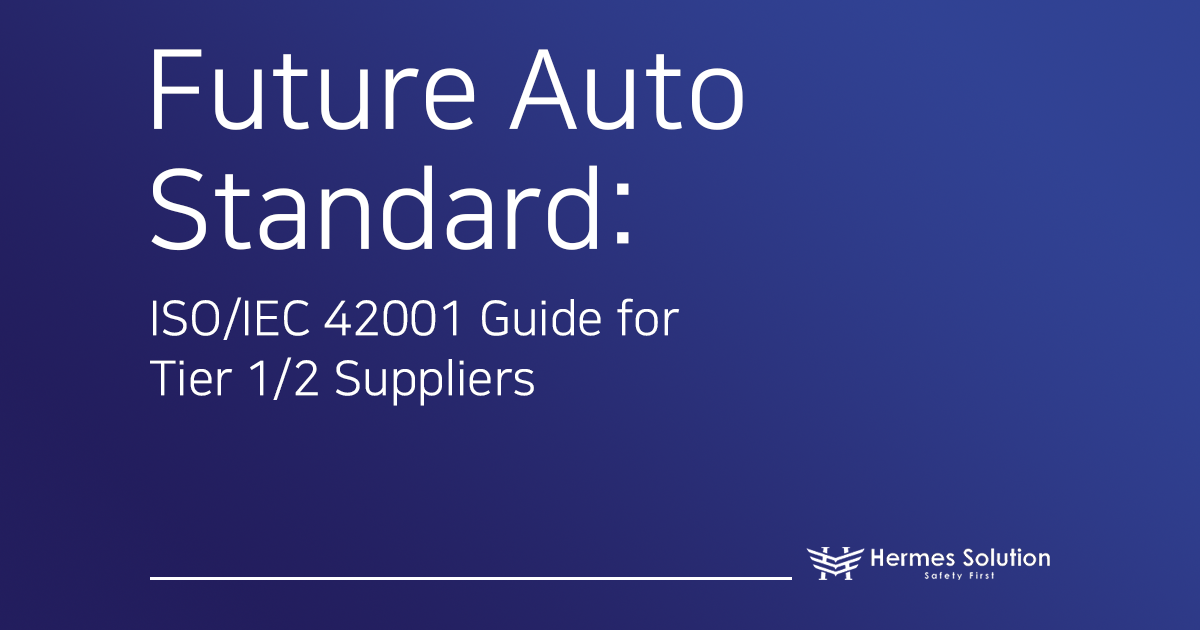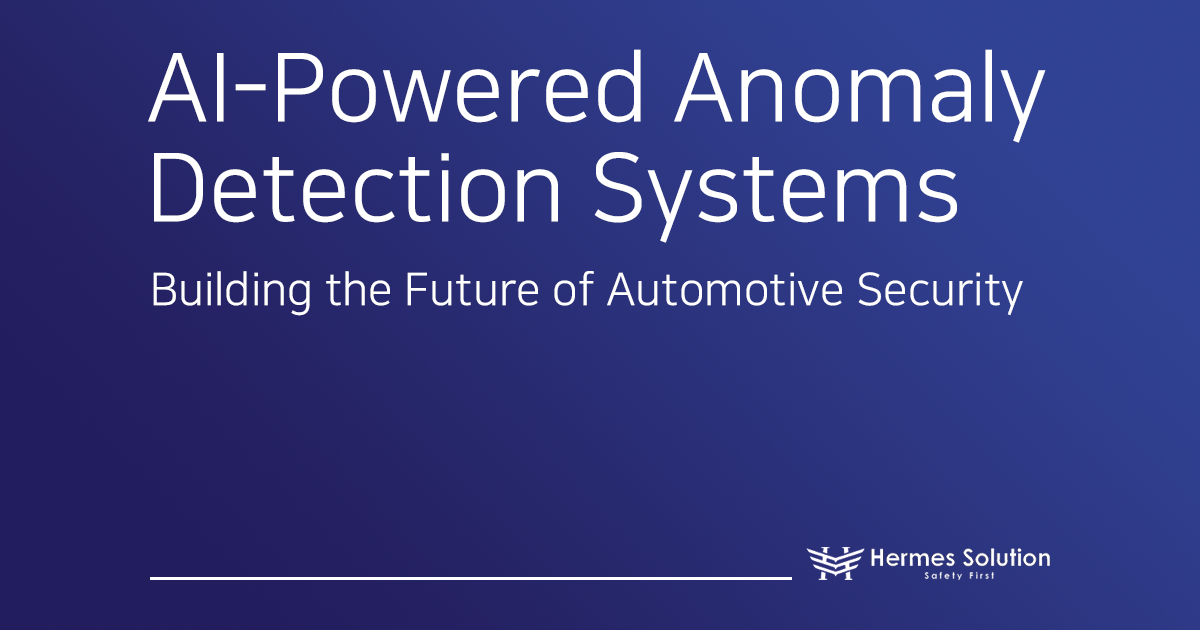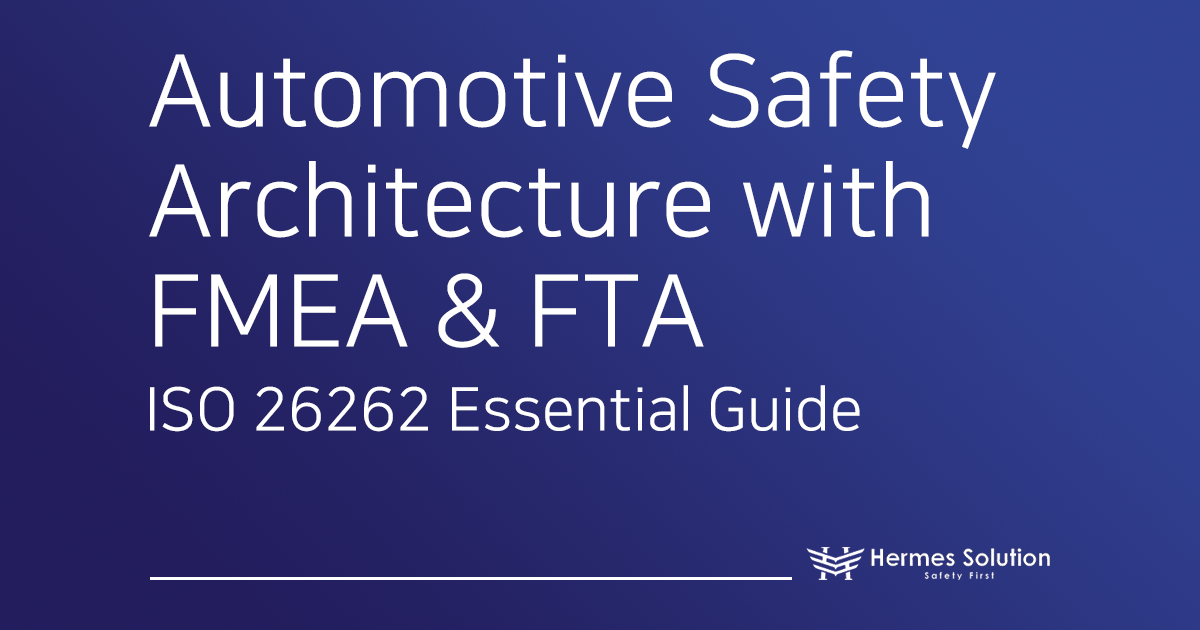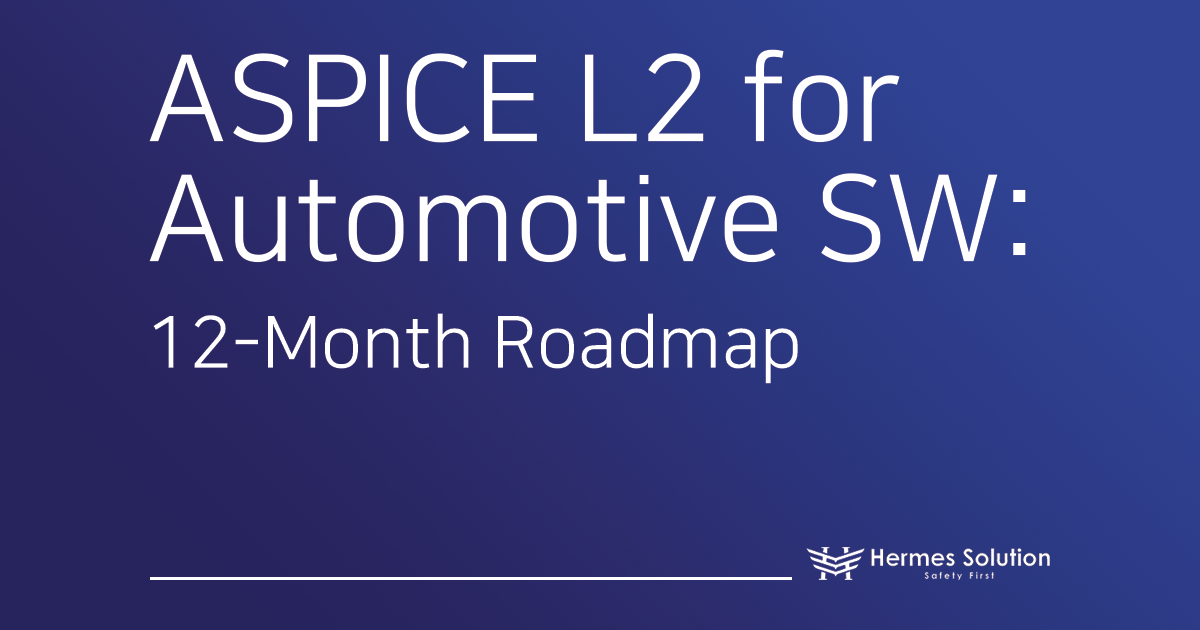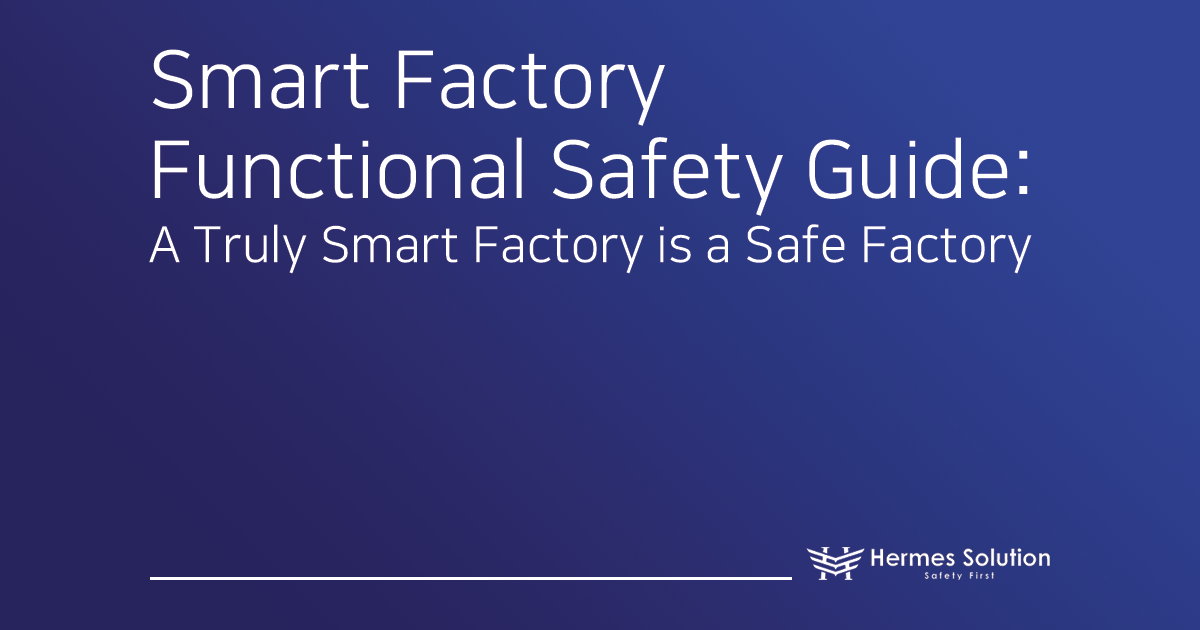“In December 2023, the global AI industry reached a turning point with the publication of ISO/IEC 42001 certification, the world’s first AI management system standard. The International Organization for Standardization (ISO) and the International Electrotechnical Commission (IEC) officially published ISO/IEC 42001:2023, the world’s first AI Management System (AIMS) standard. Many global companies have already obtained the certification, and tech giants like Microsoft and AWS have begun requiring their suppliers to comply.
For automotive suppliers, this development is more than a formality. With 67% of automakers already integrating AI into their supply chains, OEMs are increasingly demanding that their partners demonstrate strong AI governance capabilities. ISO 42001 certification is no longer just a certificate — it is becoming a core competitive advantage for survival in the global automotive industry.
What Exactly Is ISO/IEC 42001?
ISO 42001 is an international management system standard designed to ensure the responsible development and operation of AI systems. Jointly developed by ISO and IEC, it can be applied to any organization that designs, develops, or uses AI — across all industries.
Unlike general management standards such as ISO 9001 (quality) or ISO 27001 (information security), ISO 42001 addresses AI-specific challenges: algorithmic bias, transparency and explainability, data quality and privacy, safety of continuously learning systems, and accountability for automated decisions.
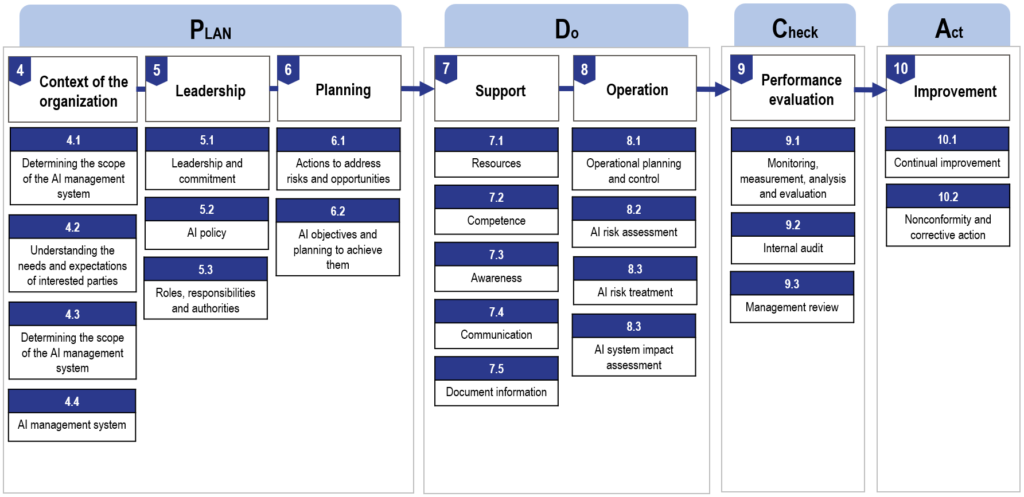
The standard follows a clear 10-clause structure — from understanding organizational context and leadership to planning, support, operation, performance evaluation, and continual improvement. Annex A includes 38–39 concrete control measures covering data management, AI lifecycle, transparency, human oversight, and bias mitigation.
A full certification process typically takes 6–12 months: starting with a gap analysis and AI risk assessment, followed by policy development, internal audits, and a two-stage external audit. The certificate is valid for three years, with annual surveillance audits.
Importantly, ISO 42001 integrates seamlessly with existing management systems. Automotive suppliers already certified under IATF 16949 or ISO 9001 will find it efficient to align processes, as all these standards share the Annex SL High-Level Structure (HLS) framework.
How AI Is Transforming the Automotive Industry
AI has already become an integral part of the automotive value chain.
The global AI-in-supply-chain market reached $7.1 billion in 2024, and is projected to surpass $190 billion by 2034, with the automotive sector accounting for about 18%.
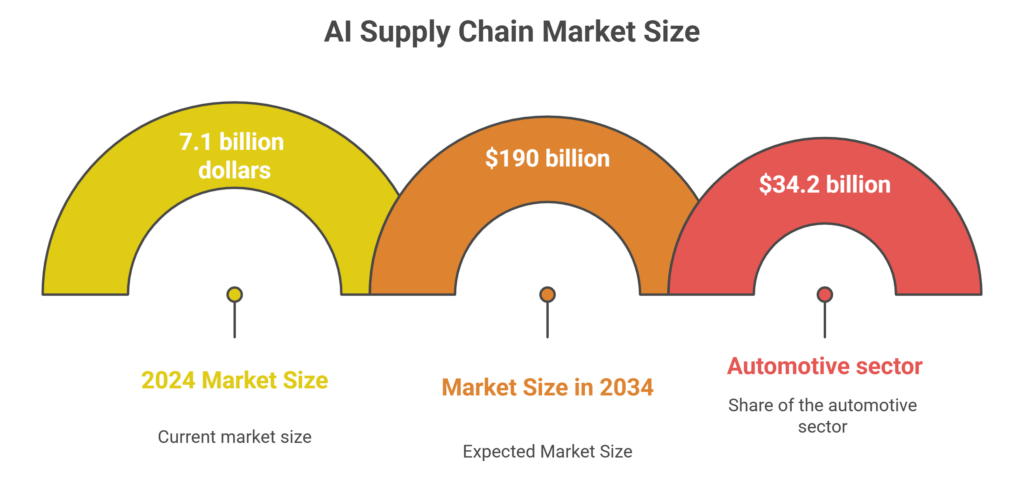
Quality Control: Audi uses machine-learning systems to detect micro-cracks in body panels, while Volvo Trucks partnered with SAS to cut diagnostic time by 70% and repair time by 25%.
Predictive Maintenance: BMW’s Regensburg plant uses AI to prevent over 500 minutes of assembly-line downtime annually; McKinsey reports predictive maintenance can reduce downtime by 30–50%.
Supply Chain Optimization: Toyota’s collaboration with Google Cloud saved 10,000 manual hours per year, achieving 15% lower logistics cost, 35% less inventory, and 65% higher service levels.
However, risks are escalating too. In 2024 alone, 409 automotive cybersecurity incidents were reported — 60% affecting millions of vehicles. With autonomous and connected vehicles generating up to 25 GB of data per hour, privacy and security risks are rapidly increasing.
OEMs are also reshaping supplier expectations. Renault’s AI-based digital-twin supply chain shortened its EV Twingo development cycle to 100 weeks — nearly half the previous timeline — setting new standards for supplier innovation.
Regulations are tightening as well. The EU AI Act will take effect in 2025, with high-risk AI system provisions enforced by 2027. The U.S. is expanding state-level AI laws, and major Asian economies, including Korea, are establishing their own AI governance frameworks.
Why ISO/IEC 42001 Matters for Automotive Suppliers
The automotive sector is fundamentally about safety — and AI malfunctions can cause not just quality issues, but life-threatening incidents. Modern vehicles contain over 100 million lines of code, four times that of an F-35 fighter jet. Ensuring transparency and reliability in AI-driven decision-making is now mandatory, not optional.
Complex supply chains further amplify this need. Tier 1–3 suppliers are tightly interconnected, and even a single faulty component can disrupt entire vehicle production. Every minute of line downtime costs roughly $5,000. ISO 42001 helps maintain consistent AI governance across such complex networks.
Customer requirements are also shifting fast. Microsoft’s SSPA v10 program mandates ISO 42001 certification for sensitive AI systems, and by 2028, 60% of regulated-industry AI contracts are expected to require governance certification. Companies like Synthesia — a supplier to 70% of Fortune 100 firms — have already achieved certification for that reason.
ISO 42001 also strengthens legal accountability and compliance by establishing traceable audit mechanisms that clarify responsibility for AI-based decisions. It aligns naturally with EU AI Act, ISO/SAE 21434 (cybersecurity), and ISO 26262 (functional safety).
Because it follows the same structural foundation as IATF 16949 and ISO 9001, integration is straightforward — minimizing redundancy and audit burdens while enhancing efficiency.
Most importantly, it delivers a competitive edge: early adopters achieve 35% higher contract-win rates, stronger OEM trust, and smoother global market access.
Business Value of ISO/IEC 42001 Certification

Trust & Reputation: Certified organizations report a 34% boost in consumer trust and 29% improvement in brand reputation — directly increasing client acquisition and deal success.
Cost Savings & ROI: Reduced recall and breach risk saves millions; typical ROI is achieved within 12–18 months. Deloitte estimates AI-driven quality management alone can save £200 million per year.
Market Access: Certified firms gain preferential status with OEMs and major tech partners like Microsoft, AWS, Google Cloud, and Synthesia.
Operational Efficiency: Standardized risk management reduces project uncertainty and accelerates product launches.
ESG & Talent Attraction: Certification demonstrates ethical AI leadership, appealing to ESG-minded investors and skilled professionals — as 83% of corporate boards now discuss AI risk directly.
Global Leaders Already Certified
Synthesia – First AI video company certified (Sep 2024); achieved major growth in trust and media visibility.
ORO Labs – First certified procurement platform; featured in the Gartner Hype Cycle.
AWS / Microsoft / Google Cloud – Applied ISO 42001 to core AI services (Bedrock, Copilot, Gemini), setting new industry standards.
AI Clearing / OrionStar Robotics – Manufacturers integrating ISO 42001 with ISO 9001, 27001, and 45001 for unified management systems.
The automotive parts industry is the next frontier. ISO and major certification bodies already include smart-factory, predictive-maintenance, and AI-based quality-control systems within their audit scopes.
Why Now Is the Time to Act

AI is no longer a future technology — it is today’s determinant of manufacturing competitiveness. By 2025, 96% of global manufacturers plan to expand AI investment, and 76% intend to undergo AI audits or certification within two years.
ISO 42001 is emerging not just as a compliance requirement but as a strategic language of competitiveness in the AI era. Certified companies report 35% higher contract success, 12–18-month ROI, and multi-million-dollar risk reduction. Above all, clients and partners are beginning to trust responsibly managed AI.
Global leaders — Microsoft, AWS, Google Cloud, Synthesia, ORO Labs — are already setting the bar, and OEMs are extending those expectations to their suppliers. By 2028, certification will be a standard prerequisite for most AI-related contracts in regulated sectors.
For automotive suppliers, the choice is clear:
Adopt ISO 42001 now and lead as an early mover — or lag behind under customer pressure later. Establishing an AI inventory, performing gap analysis, and implementing a governance roadmap over the next 6–12 months will define your competitiveness for the next decade.
If IATF 16949 and ISO 9001 laid the foundation for quality, ISO/IEC 42001 now defines the future of AI governance.
Technology evolves rapidly — but the demand for responsible and transparent AI does not.
Begin that transformation with Hermes Solution today.
